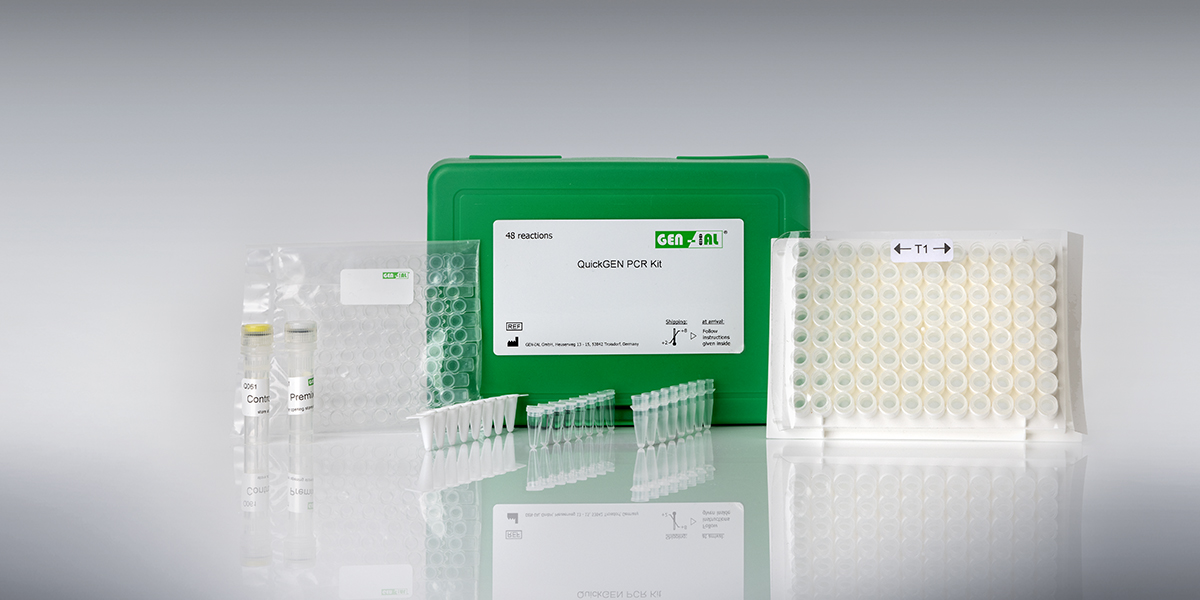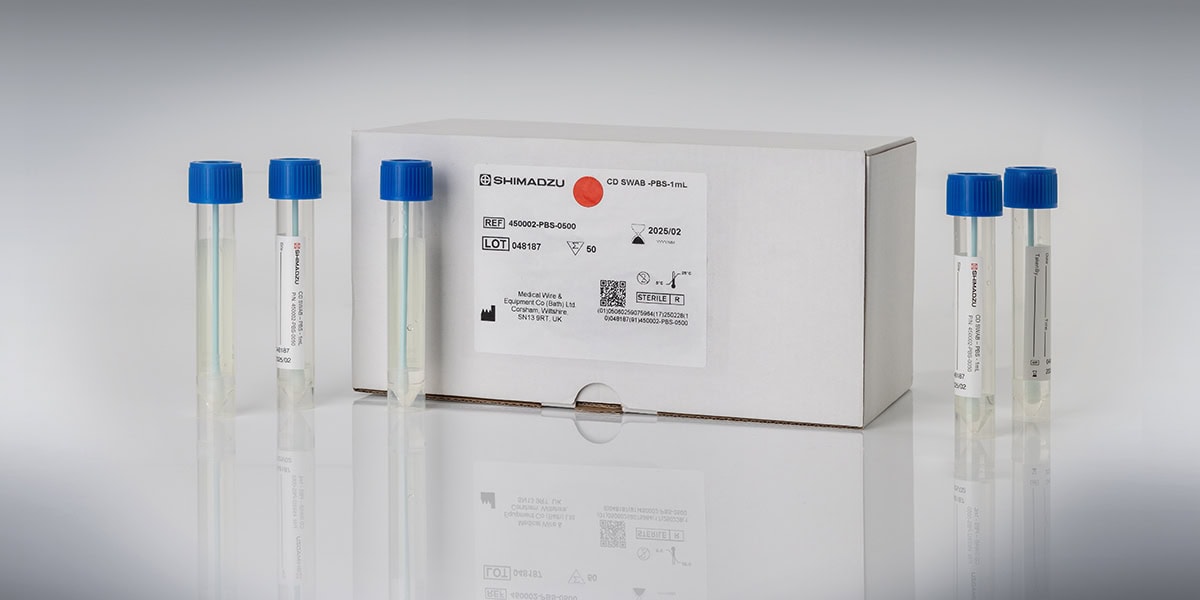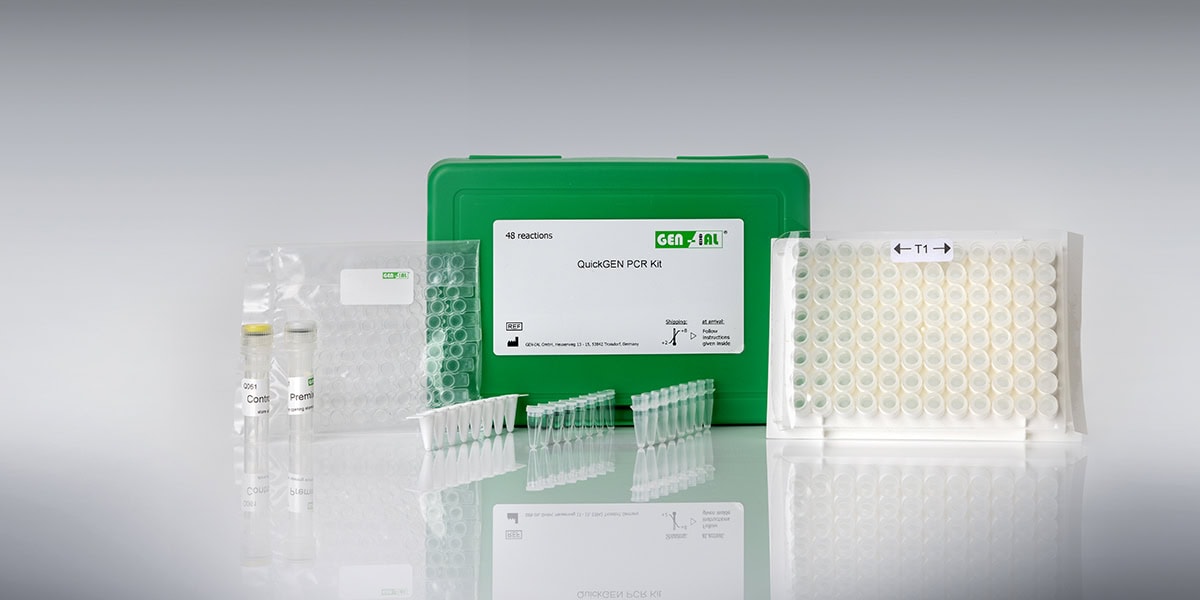
Recent news in Food & Feed Analysis
- Home
- /
- Compact Dry: Food Microbiology...
Compact Dry: Food Microbiology Testing Made Easier, Volume 2

Validation: the crucial component of reliable food microbiology testing
We are highlighting the importance of product validation in the field of food microbiology in this second volume of “Compact Dry-Food Microbiology Made Easier”. Validation is the comparison of an alternative method against a known and accepted reference method.
A validation will prove that an alternative method will give comparable results to the reference method. In fact, according to ISO 17025, a laboratory shall use either a validated method or validate the method themselves. Therefore using a validated method will save you significant amounts of time and money.
International Validations
There are several validation schemes in use globally. In North-America AOAC Offical Method of Analysis (OMA) and the AOAC Research Institute’s Performance Test Method (AOAC-RI PTM) are used most frequently. In Europe, the ISO/TS 16140:2002 standard is used and is applied by organisations like AFNOR, NordVal and MicroVal.
Most Compact Dry products have been validated by MicroVal, NordVal and the AOAC-RI:
- Compact Dry TC (Total Viable Count)
- Compact Dry EC (E. coli and coliforms)
- Compact Dry CF (Coliforms)
- Compact Dry YM (Yeast and Moulds)
- Compact Dry ETB (Enterobacteriacae)
- Compact Dry XSA (Staphylococcus aureus)
- Compact Dry XBC (Bacillus cereus)
Compact Dry X-BC – Bacillus Cereus
The latest addition to this impressive list of validated products is the Compact Dry XBC for the enumeration of Bacillus cereus. A poster will be presented at the AOAC Annual Meeting in Boca Raton later this year. This microorganism may cause food poisoning in products like rice, milk and milk powder. The B. cereus toxin causes nausea, vomiting and diarrhoea. Since the microorganism can form endospores, improperly heated food products can be a cause of B. cereus toxin food poisoning.
For example fried rice dishes, stored for a longer time at a too low temperature (e.g. in buffets) are known to be a risk for Bacillus cereus toxin production. Monitoring the initial count of B. cereus organisms in specific products, to minimize the risk of toxin production therefore is an important quality control parameter.
The Compact Dry XBC is a validated method for enumeration of Bacillus Cereus, enabling you to make food microbiology easier!



